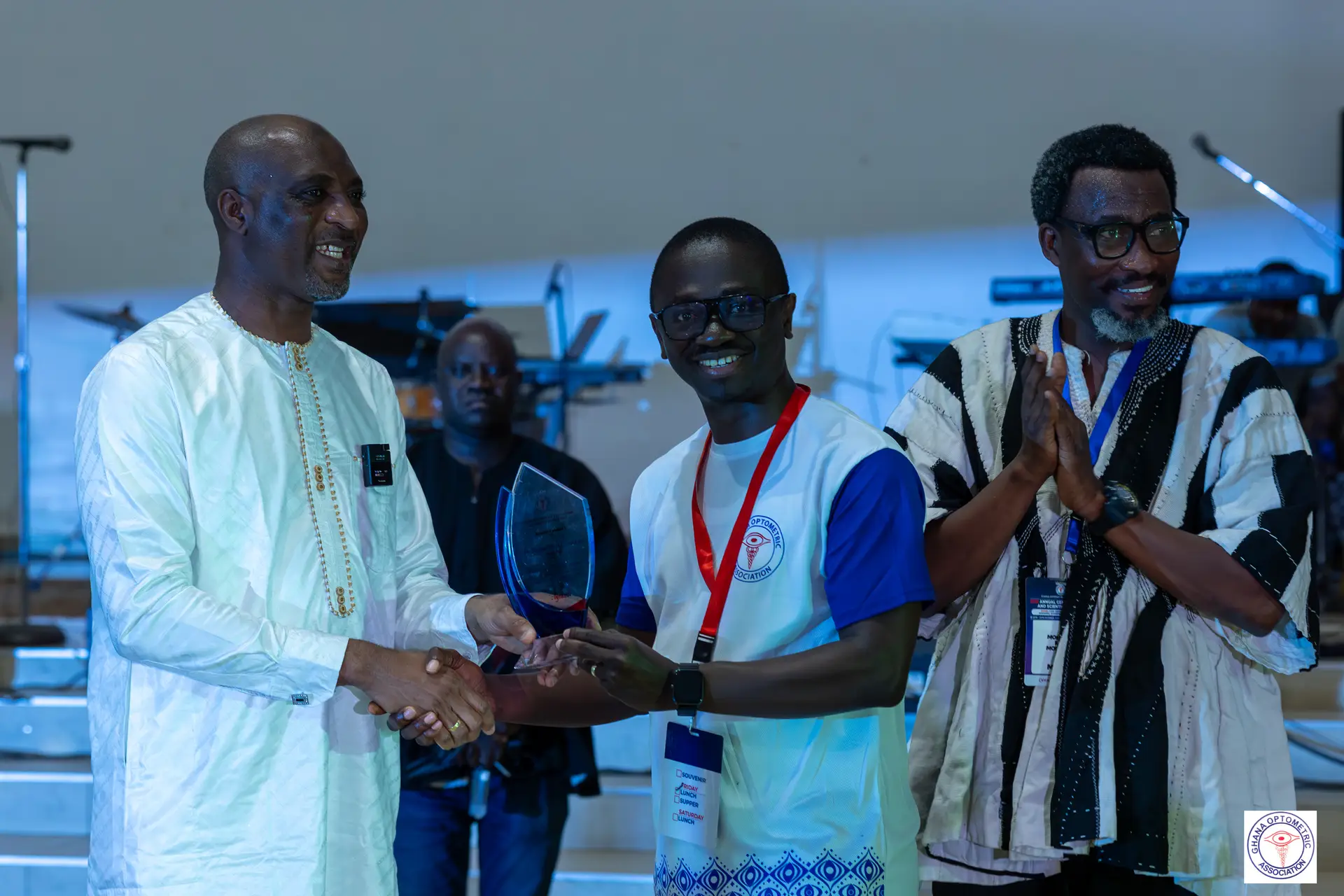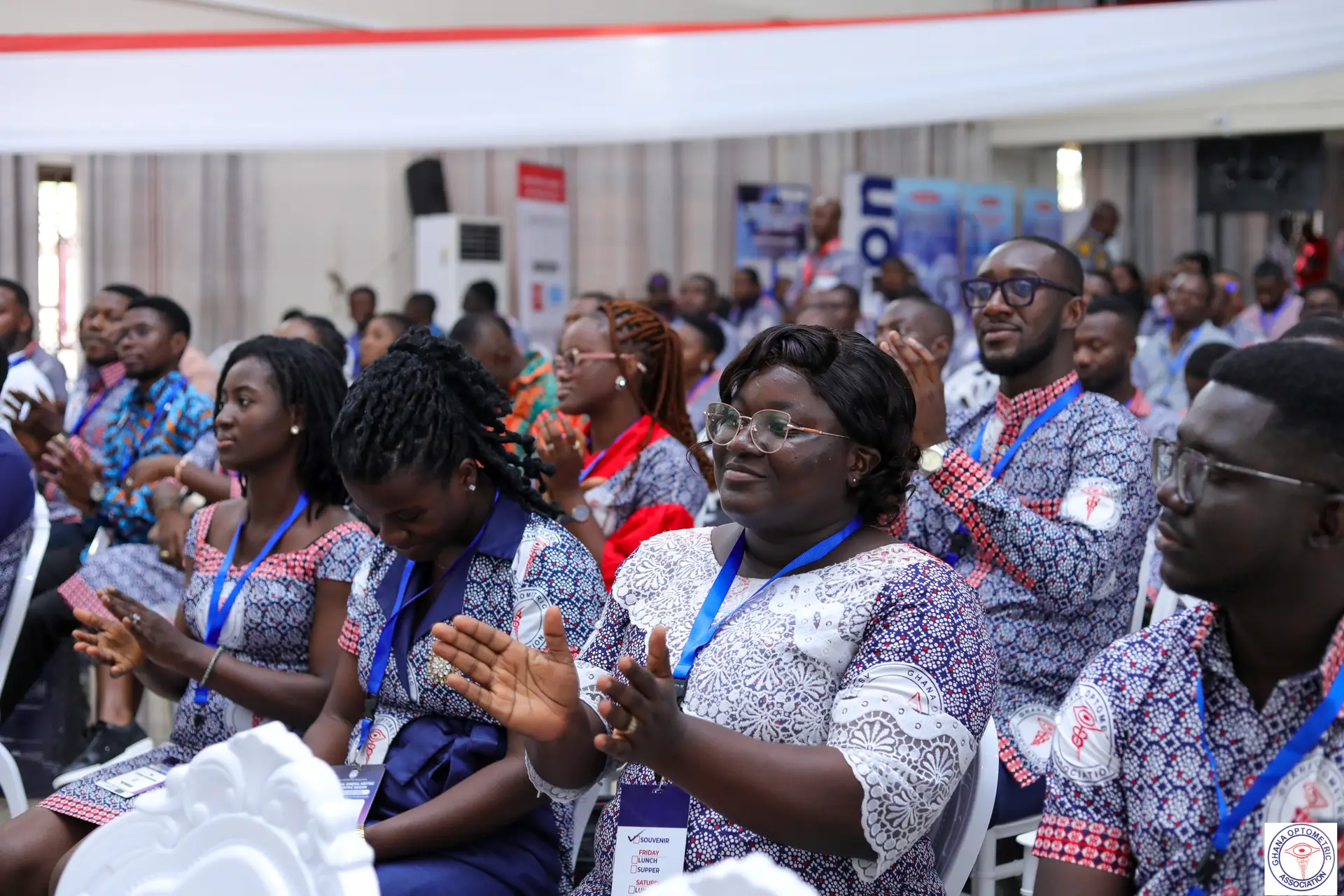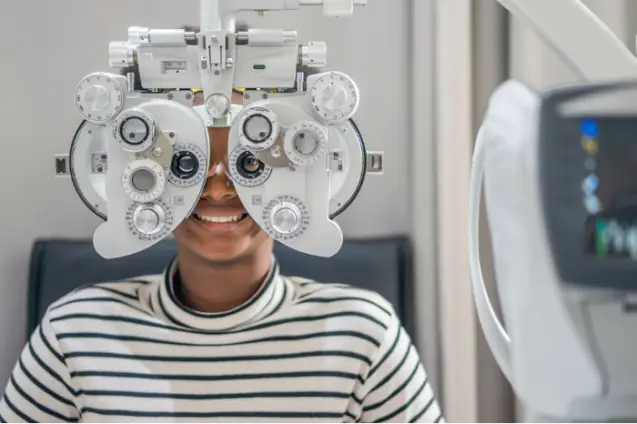The Ghana Health Service (GHS) has appealed to optometrists in the country to accept postings to rural and unserved communities to support primary eye care delivery.
This, it observed, would help address the problem of high incidence of eye-related conditions in those areas. In a speech read by Dr Awo Yaa Karikari Oduro, a specialist ophthalmologist at the Cape Coast Teaching Hospital, on behalf of the Head of the Eye Care Unit, Ghana Health Service, Dr Hornametor Afake, he (Afake) observed that financial and geographical barriers still inhibited access to the awareness of and availability of eye services.
His remarks were made at the marking of World Optometry Day on the theme “Advancing Optometry’s commitment to global eye care” at the University of Cape Coast (UCC).
The event, organised by the Ghana Optometric Association, was attended by representatives of Cardiff University, Wales. Dr Afake encouraged optometrists to continue to support primary eye care, especially refractive error services, to improve the eye health of Ghanaians.
He stated that untreated cataracts, glaucoma, posterior segment diseases such as diabetic retinopathy and corneal-related causes were the major causes of blindness in Ghana.
At the same time, refractive errors were the root of low vision. With this, he appealed to optometrists in the country to sustain efforts at awareness creation through collaboration with other eye care professionals during commemorative days like World Sight Day and World Glaucoma Week.
He emphasised that it was important to provide healthy eye care for those in need no matter their geographical area. “Providing eye health within a strengthened health system is essential to reaching people most in need of eye health services,” he added.
The President of the Ghana Optometric Association, Professor Samuel Bert Boadi-Kusi, also advised Ghanaians, especially second-cycle students, to venture into optometry as a profession, saying the world needed more eye care professionals to expand the scope to meet the needs of the general public.
“The profession of optometry has expanded globally in terms of scope and practice. Such expansions have become very necessary because of global eye care needs” he said.
Spectacles on NHIS
Professor Bert Boadi-Kusi also appealed to authorities of the National Health Insurance Scheme (NHIS) to consider spectacles as part of the NHIS since many people could not afford them.
“I wish to raise the issue of access to affordable spectacles for Ghanaians. A lot more people are unable to purchase spectacles due to cost. “I call on the leadership of the NHIS to strongly consider making basic spectacles part of the NHIS, at least for children of school-going age,” he said, adding that it would help bridge the inequity gap for the less economically endowed in the country.
Eat more vegetables
He also encouraged the public to eat more vegetables, as well as tiger nuts, saying they were very good for the eye. The Head of the Department of Optometry and Vision Science at UCC, Dr Enyam K. A. Morney, thanked Cardiff University for its immense contribution towards optometry in Ghana.





